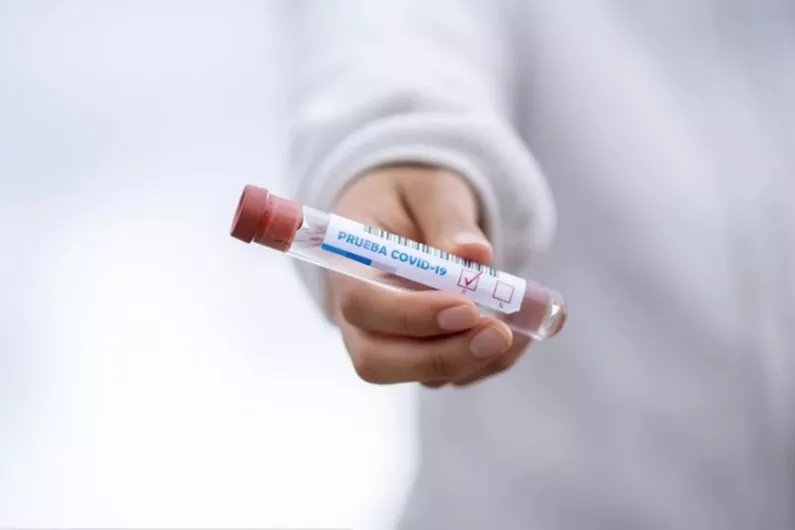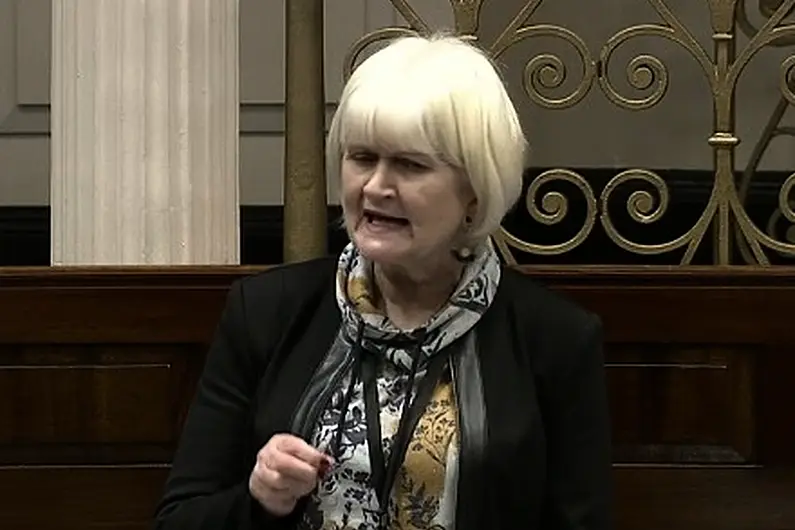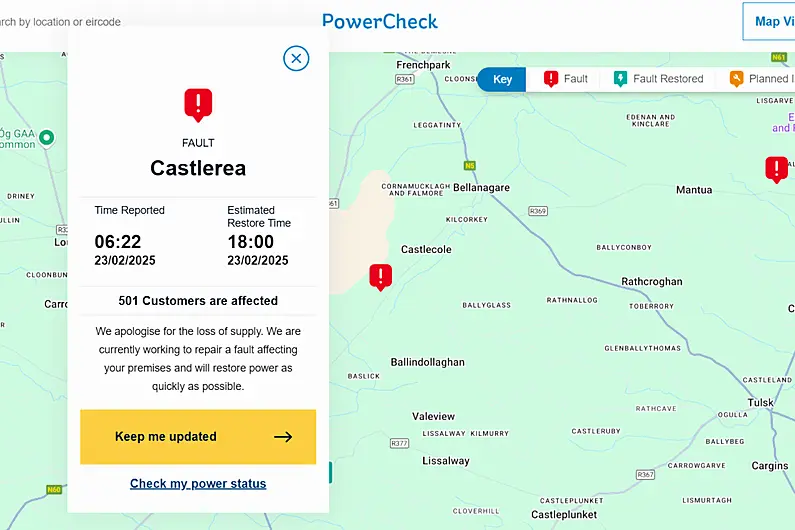Statement from the National Public Health Emergency Team
The Health Protection Surveillance Centre has today been notified of 1 additional death related to COVID-19.
This death occurred in January.
There has been a total of 4,319* COVID-19 related deaths in Ireland.
As of midnight, Sunday 28th February, the HPSC has been notified of 687 confirmed cases of COVID-19. There is now a total of 220,273** confirmed cases of COVID-19 in Ireland.
Locally, 14 new cases of the virus were recorded in Roscommon in the last 24 hours.
While less than five were reported in Leitrim and Longford recorded no new cases of Covid-19.
However, County Longford is still recording the second-highest Covid-19 incidence rate nationwide today, behind Offaly.
Of the cases notified today:
• 352 are men / 334 are female
• 71% are under 45 years of age
• The median age is 30 years old
• 240 in Dublin, 49 in Limerick, 44 in Offaly, 40 in Galway, 36 in Louth and the remaining 278 cases are spread across 19 other counties***.
As of 8am today, 540 COVID-19 patients are hospitalised, of which 120 are in ICU. 14 additional hospitalisations in the past 24 hours.
As of February 26th, 426,070 doses of COVID-19 vaccine have been administered in Ireland:
• 285,780 people have received their first dose
• 140,290 people have received their second dose
The COVID-19 Dashboard provides up-to-date information on the key indicators of COVID-19 in the community including daily data on Ireland’s COVID-19 Vaccination Programme.
Dr Ronan Glynn, Deputy Chief Medical Officer, the Department of Health said; “While the number of daily cases and the number of people in hospital and critical care remain high, we continue to make progress. In the last 24 hours, we have had no new admissions to critical care, the first time this has happened since St. Stephen’s Day. This is one more tangible signal of the efforts that people continue to make and how those efforts are impacting positively on the trajectory of COVID-19 in Ireland. Please stick with this over the coming weeks.”
Professor Pete Lunn, Head of the Behavioural Research Unit, ESRI said; “Data from the Public Opinion Tracking Survey Research (Amárach/Department of Health) and from the new Social Activity Measure (ESRI/Department of the Taoiseach), give insight into how people are coping with the prolonged period of restrictions. The evidence shows that while people are finding it tough going, the large majority (79%) believe that preventing the spread of Covid-19 is more important than the burden of restrictions. Just 10% disagree.
“This pattern helps to explain how measures of compliance have been rising in recent weeks and months, despite the frustrations that people feel,” said Professor Pete Lunn, Head of the Behavioural Research Unit at the ESRI, who analysed the data. “Just because we feel a particular way, does not mean that this feeling dictates our behaviour. Rather, the large majority of people in Ireland support the restrictions and are sticking to them, despite the frustrations.
“The data also show systematic misperceptions about socially activity. Presently, half the adult population does not meet up with anyone outside their household over a 48-hour period, with less than one quarter meeting up with three or more. Yet these more socially active people believe that they are meeting fewer people than average.
“There is a clear misperception. Most people believe that others are enjoying more of a social life than they are. Those who are in fact most socially active do not realise this. The finding is important, and we need to try to correct this misperception. When people appreciate effort being made by others, they typically become more likely to follow.”






